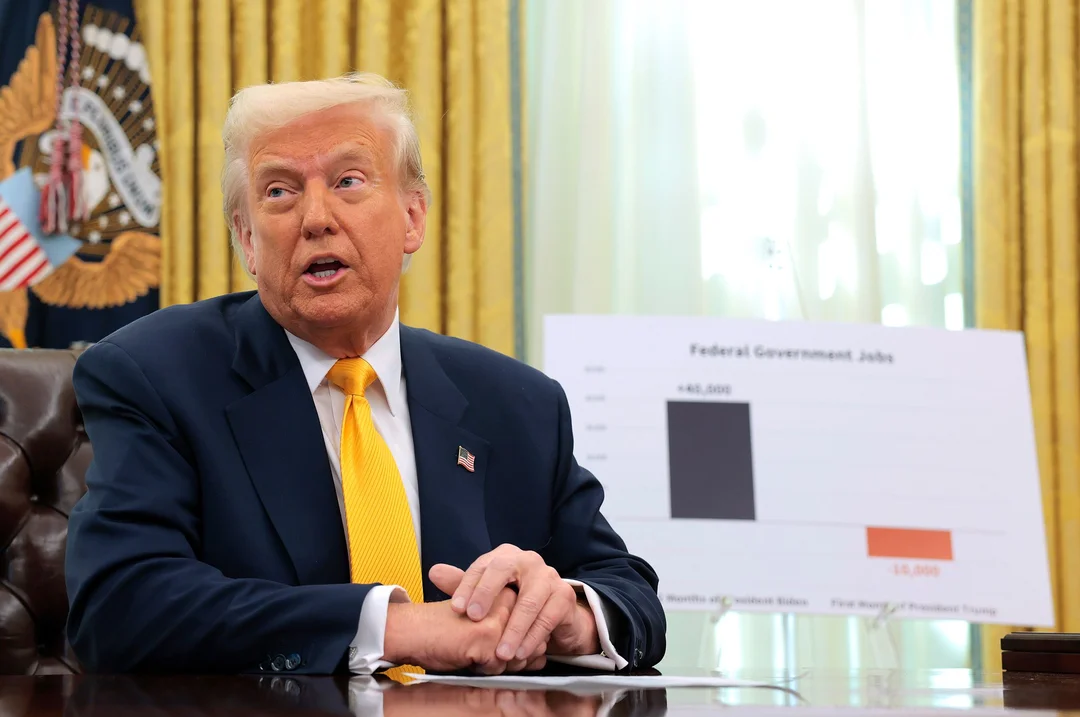
House Democrats and Jeffries Aim to Avert Government Shutdown
House Democrats, led by Minority Leader Hakeem Jeffries, are intensifying efforts to prevent a looming government shutdown as the March 15 deadline approaches. Jeffries has been vocal about the need for bipartisan cooperation to ensure the continuity of government services. In recent statements, he emphasized the potential negative impacts on the American public should the government shut down.
The situation is complicated by former President Donald Trump's influence on the Republican Party. Trump's comments have been seen as encouraging hardline stances among some GOP members, potentially jeopardizing negotiations. Speaker Mike Johnson, while acknowledging the need for a resolution, faces pressure from different factions within his party.
The White House and Senate Democrats have expressed readiness to work across the aisle, but with time running out, the pressure is mounting. The Axios reported on the Democrats' strategy, while The Washington Post highlighted Trump's ongoing impact on GOP politics. The Wall Street Journal detailed the negotiations in Congress, and CNN provided insights into Trump's and Johnson's roles in the current political climate.
Related issues news
What is the CR bill?
A Continuing Resolution (CR) is an act of Congress that provides budget authority to continue government operations when Congress and the President have not approved an annual appropriation bill on or before October 1st.
What is CR in government?
March 8, 2025. Instead of staying at the negotiating table to pass bipartisan full-year funding bills, Republican leadership walked away, and House Republicans have now released a partisan, full-year continuing resolution (CR) they plan to vote on early next week.
Why would the government shut down?
Why does the government shut down? The government shuts down when Congress is unable to pass appropriations bills that finance the operations of federal agencies and programs, such as the National Institutes of Health (NIH) or the Supplemental Nutrition Assistance Program (SNAP).